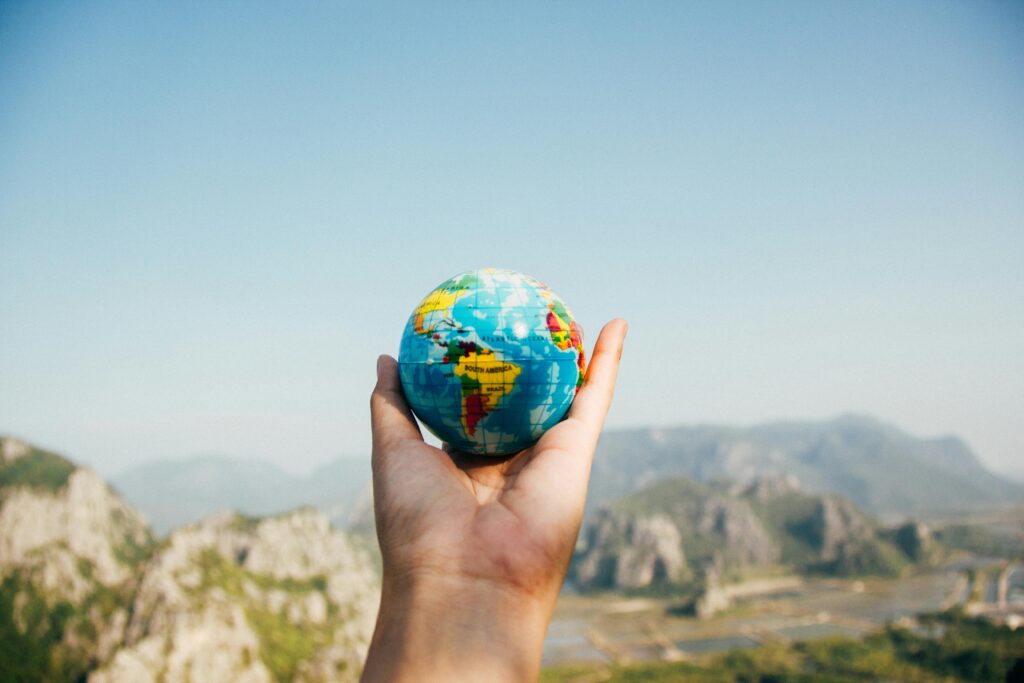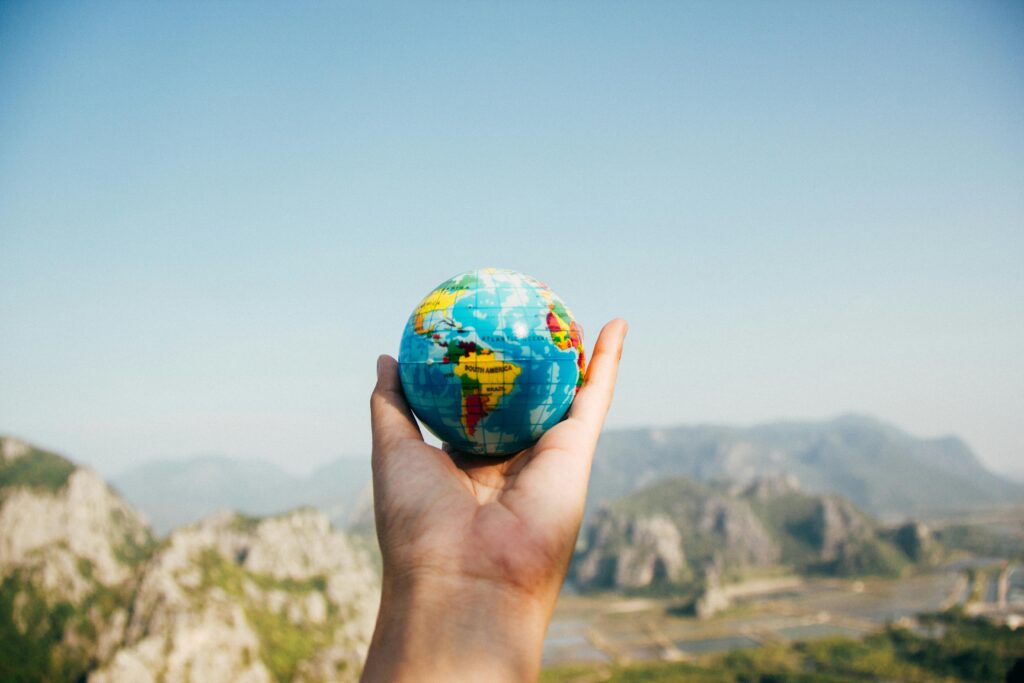In a world full of destinations, flights, and bucket lists, travel has often been reduced to a checklist of attraction, But behind the Instagram filters and passport stamps lies something more profound—a personal philosophy, a search for meaning, and a deeper connection to the world around us. So, why do we really travel?
This is more than a guide—it’s a reflection on the philosophy of travel, and how each journey shapes who we are. 
Travel as Self-Discovery
More than sightseeing, travel invites us to see ourselves in a new light. Removed from our daily routines and familiar environments, we’re forced to confront our own beliefs, assumptions, and habits. A solo trip to a foreign country becomes a conversation with the self—often the most eye-opening journey of all.
Key Insight:
Travel teaches us not just where we are, but who we are when no one’s watching.
The Beauty of the Unknown
There’s a certain magic in not knowing exactly what’s around the next corner. The unfamiliar—whether it’s language, customs, or cuisine—forces us to be more present, more curious, and more alive. This openness is a mindset, one that we rarely practice at home but often find on the road.
Travel reminds us that uncertainty isn’t scary—it’s essential.
Connection Beyond Borders
Despite the distances between cultures, travel constantly reveals our shared humanity. A warm smile from a stranger, a shared meal with someone who doesn’t speak your language, or a laugh over a local mishap—all of it shows that connection goes beyond words.
And in a world that often feels divided, that realization is both radical and comforting.
The Art of Slowing Down
In everyday life, time flies. But when you travel—especially slow, intentional travel—time stretches. You start to savor the details: the smell of a market, the rhythm of a new city, the silence of a mountain trail. Travel teaches us the value of presence in a world that values speed.
Becoming a Better Global Citizen
With every journey, our worldview expands. We begin to understand the complexity of cultures, the interwoven histories, and the shared struggles. Ethical travel—mindful of impact, respectful of customs, supportive of local economies—turns us from tourists into responsible global citizens.
A Modern Traveler’s Philosophy:
Go slow. It’s not about how many places you visit.
Go deep. Immerse in culture, not just experiences.
Go kind. Leave places better than you found them.
Final Thoughts
At its heart, travel isn’t just movement across a map—it’s movement of the heart, mind, and soul. It challenges, it humbles, and it transforms. The deeper meaning behind why we travel lies not in where we go, but how we change along the way.
